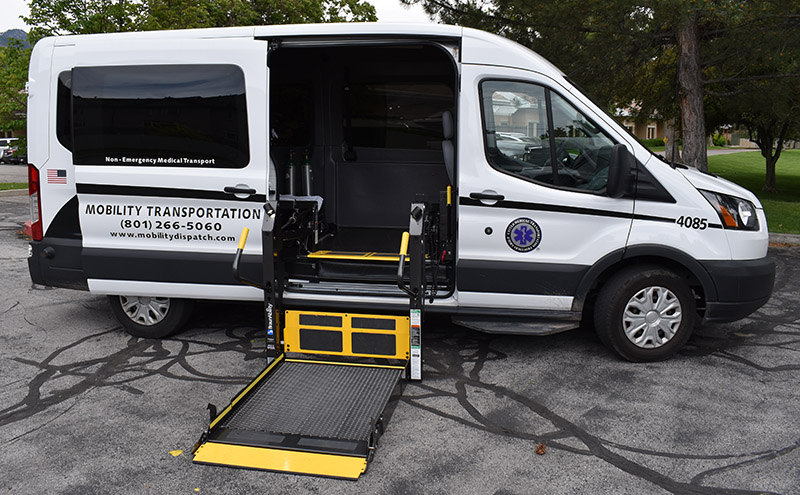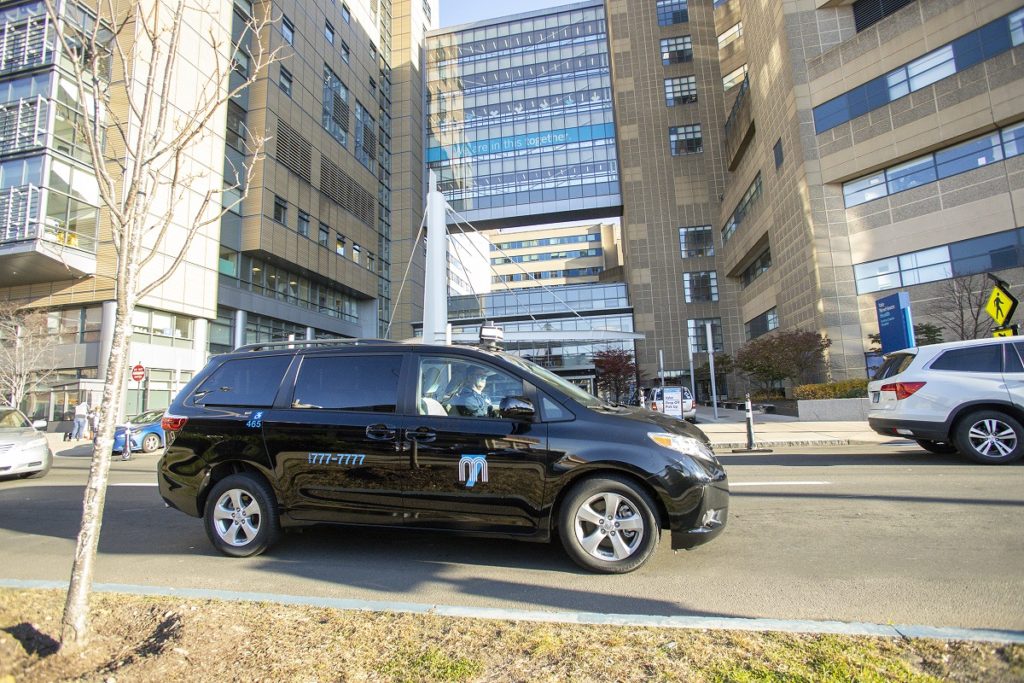Locate Trusted Medical Transportation Services Near Me for Satisfaction
Locate Trusted Medical Transportation Services Near Me for Satisfaction
Blog Article
Easily Accessible and Affordable Medical Transport Options for Seamless Health Support
In the realm of health care, the ease of access and affordability of medical transport are critical in ensuring people can access the treatment they need when they need it. The ability to effortlessly navigate transport alternatives can significantly affect a person's capability to obtain timely medical focus, follow-up care, and general health. From non-emergency clinical transportation services to innovative remedies like telehealth, the landscape of clinical transportation is progressing to fulfill the diverse demands of clients. Taking into consideration the relevance of this aspect in medical care delivery, discovering the array of alternatives offered ends up being essential for dealing with spaces in accessibility and cost.
Non-Emergency Medical Transportation Provider

These services are staffed by trained professionals who prioritize client convenience and security during transit. Vehicle drivers are geared up to take care of people with varying clinical requirements and make certain that all journeys are smooth and stress-free - Medical Transportation Services Near Me. Additionally, non-emergency medical transport solutions often utilize customized cars that are wheelchair-accessible, making them appropriate for a vast array of patients with various movement needs
Volunteer Chauffeur Programs
Volunteer motorist programs are instrumental in offering transport help for individuals in need of non-urgent healthcare. These programs count on the kindness of volunteers that contribute their time and vehicles to help transportation patients to and from clinical consultations. By using volunteer chauffeurs, companies can provide a cost-efficient service for people who may not have access to reputable transportation.
Among the vital advantages of volunteer motorist programs is the personalized care and focus that people obtain. Unlike conventional transportation solutions, volunteer chauffeurs frequently develop a relationship with the individuals they aid, creating a thoughtful and helpful atmosphere throughout what can be a stressful time. In addition, volunteer driver programs can assist link the gap for individuals staying in country or underserved areas where public transport alternatives may be limited.
Public Transport Options

Among the vital benefits of public transport is its prevalent schedule in metropolitan and country locations alike. This considerable network enables clients from varied histories to take a trip to clinical consultations with loved one convenience. Furthermore, public transport systems are commonly furnished to suit individuals with specials needs, providing obtainable traveling options for those with flexibility obstacles.

Ride-Sharing and Transportation Network Firms
The evolution of modern transport options for clinical purposes prolongs past typical public systems like buses and trains to encompass the cutting-edge world of ride-sharing and transportation network firms. Ride-sharing services such as Uber and Lyft have reinvented the means individuals travel to medical visits, supplying convenience and flexibility to individuals who might not have accessibility to their lorries or traditional mass transit. These platforms permit individuals to request an experience with the touch of a button on their smartphones, providing door-to-door solution that can be specifically beneficial for individuals with flexibility challenges or those needing support.
Transport network firms (TNCs) have actually likewise played a substantial duty in bridging the gap in clinical transportation solutions. Firms like Veyo and RoundTrip specialize in non-emergency clinical transport, dealing with patients that require a click to read higher level useful during their trips to clinical facilities. By partnering with doctor and insurance companies, TNCs make sure that individuals can access prompt and dependable transport options, ultimately contributing to enhanced health and wellness outcomes and client contentment.
Telehealth and Virtual Appointments
Enhancing healthcare accessibility and comfort, telehealth and digital examinations have actually become crucial parts in contemporary clinical practices, changing the means individuals interact with doctor. Telehealth leverages innovation to promote remote communication between people and healthcare experts, supplying you can try this out a wide range of services such as online examinations, remote monitoring, and electronic prescriptions. Online assessments make it possible for clients to look for medical guidance, diagnosis, and treatment from the comfort of their homes, getting rid of the need for physical sees to healthcare centers. This strategy not only saves time and decreases transportation prices for clients however additionally improves the total efficiency of medical care distribution.
Additionally, telehealth plays a vital role in expanding medical solutions to underserved areas, backwoods, and people with restricted movement. By breaking down geographical obstacles and increasing healthcare outreach, telehealth promotes very early treatment, connection of treatment, and individual engagement. As technology remains to development, telehealth is poised to play an increasingly substantial function fit the future of health care shipment, promoting improved health results and client complete satisfaction.
Conclusion

From non-emergency medical transport services to ingenious remedies like telehealth, the landscape of medical transportation is advancing basics to satisfy the varied requirements of clients.Non-Emergency Medical Transportation Provider help with the prompt and secure transport of individuals needing non-urgent medical treatment to and from health care facilities.The development of modern transport choices for medical functions prolongs beyond conventional public systems like trains and buses to incorporate the cutting-edge world of ride-sharing and transportation network business.Transportation network business (TNCs) have likewise played a significant duty in connecting the void in medical transportation services. Non-Emergency Medical Transport Providers, Volunteer Chauffeur Programs, Public Transportation Options, Ride-Sharing and Transportation Network Companies, and Telehealth and Virtual Consultations all play a vital role in addressing transport obstacles to medical care accessibility.
Report this page